International Men's Day: 12 men reveal what it means to be a 'good man'
The unique issues that men face are recognised on 19th November
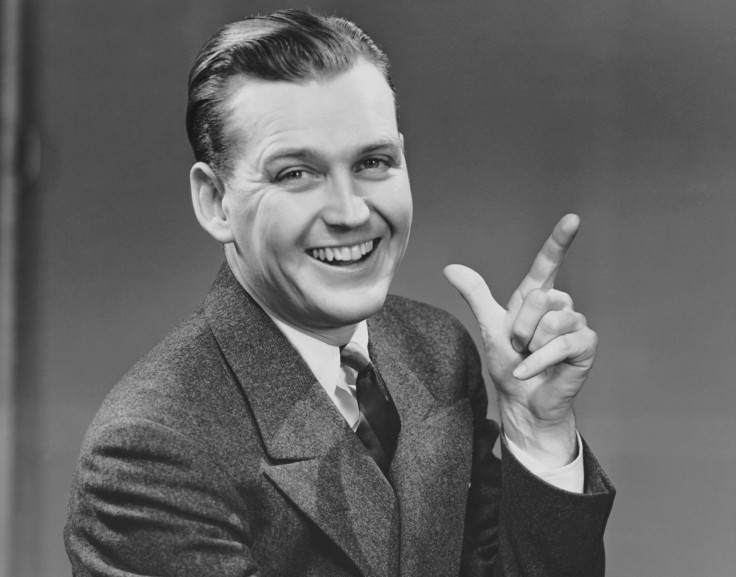
High suicide rates, the overwhelming pressure to live up to masculine ideals, and diseases including prostate and testicular cancer: being a man can be tough, and International Men's Day is a chance to recognise the unique issues that half the population face.
And if 2016 will be remembered as the year that we lost male icons from David Bowie to Alan Rickman and Prince, 2017 will likely be looked back on trip around the sun that exposed how sexual harassment is rife in industries at all levels across the world. Men were making the news for all the wrong reasons. The "bad guys" had stolen the spotlight.
To mark International Men's Day, we asked a diverse range of men - including a chef, poet and a monk - to answer the question: "what makes a 'good man'?" Below are their answers.
Bob Balfour is the CEO of Survivors West Yorkshire and a survivor of childhood sexual violence-abuse. He is 57-years-old and based in Bradford.
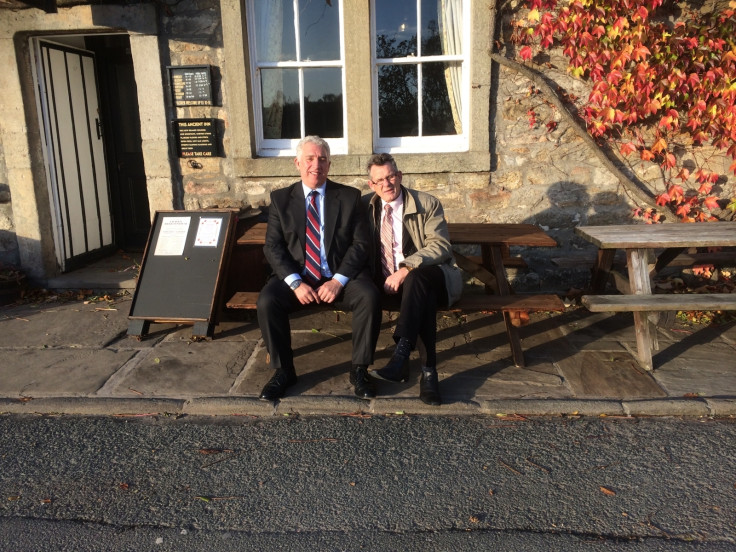
I often ask myself what makes a 'good man'. I've had a varied life: as a former specialist infantryman in the RAF Regiment, businessman during the 1980s, a Special Constable and now as the CEO of a small West Yorkshire charity, which focuses on male victims of sexual crime. My uncle Bill, some insightful male school teachers, my last RAF Regiment sergeant and PC tutor are just some of the good men I've met. They all shared the ability to integrate and grow from lived experiences.
They never put other people down, regardless of their power or status in relation to them. They instead looked to help others whenever they could both as family, teachers, and leaders. They instilled in me a realistic optimism, a sense of agency over events, even when it seems you have none - there are always options. They found the humour in their struggles and smiled at themselves and their failings. They were and are comfortable in their own skins, even when struggling to cope with life's challenges. They created a self-story for themselves which is reflected well in the psychologist Erik Erickson's unpacking of how to raise healthy human beings:
Hope emerges from trust versus mistrust
Will from autonomy versus shame and doubt
Purpose from initiative versus guilt
Competence from industry versus inferiority
Loyalty from identity versus identity confusion
Love from intimacy versus isolation
Care from generativity [contribution] versus stagnation
Wisdom from integrity versus despair
Tanaka Mhishi is a 24-year-old writer based in London. He is currently touring Boys Don't, a stage production aimed at those aged between eight to 12 about boys and crying.
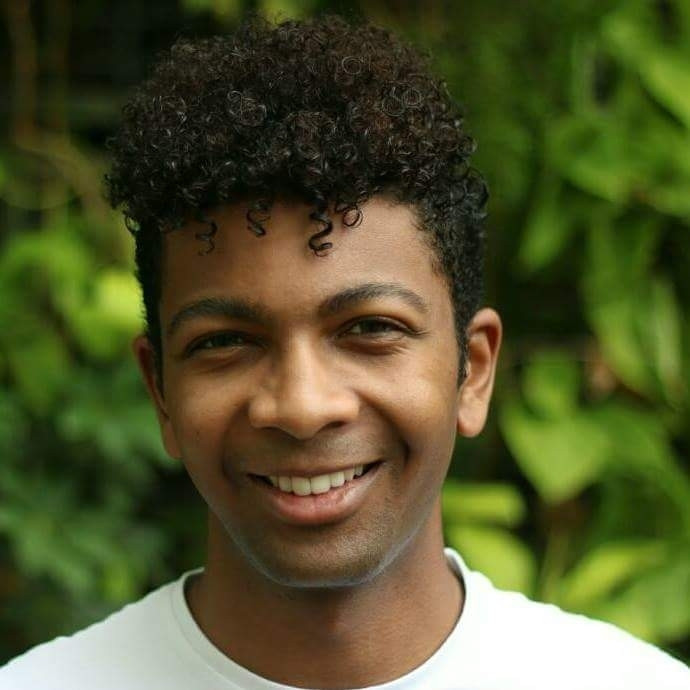
As performers we live or die by responding to our audiences. Which child is bored? Who's feeling excluded? How do we bring them in? It's a skill, and like most skills it takes practice before it becomes automatic. Once you do though it can change the way you move through the world; I wonder whether we would have developed it outside the world of writing. You start to think about how you're affecting the people around you. Yes this is more or less basic human consideration ratcheted up to eleven; but it's something boys are often actively discouraged from learning. We're taught to act and achieve and get things done; all perfectly good goals but, as far as the human skill-set goes, still a few flatheads short of a toolbox.
What makes a good man then? Self awareness. Awareness of his environment. The ability to respond to those things and the willingness to do so.
Kenny Mammarella-D'Cruz, 53, is a personal development consultant based in London. He runs the website themanwhisperer.co.uk
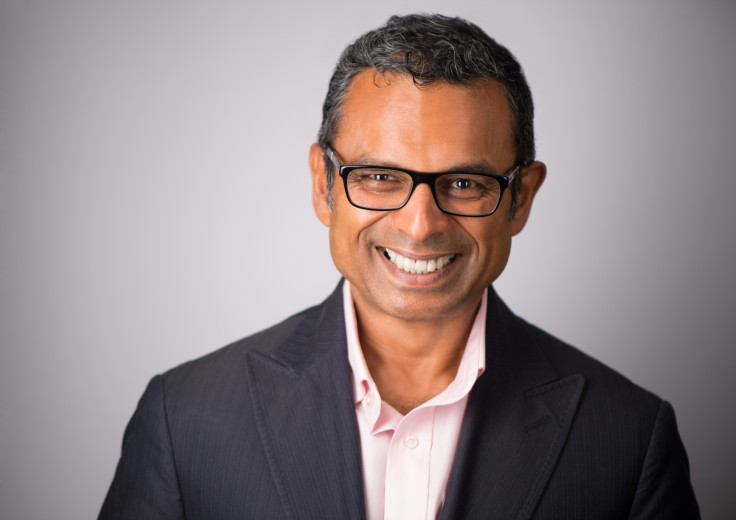
A good man is an authentic man, present and connected. I was respected as a "good man" since an early age, but inside I knew I was a boy in survival mode, putting on a good act to save womankind and stay out of trouble. My purpose was fear-based, my passions were lost, my motives confused and my personal power handed over for the safety of the approval of others.
In my late twenties I stopped running and began to slowly raise my head, feeling life beyond old stories and letting go of who I no longer needed to be. The nice Catholic boy fell apart as I rebelled out of my box and into partying and soul-searching.
I journeyed through untold pain, retrieving the little boy lost inside. A man also emerged from somewhere inside of me to tell the fearful boy "It's OK now, I'm here. There's nothing more to worry about, you're safe."
My perspective changed from powerless "am I?" to my authentic "I am" as I take council from the whispering fear and follow love's way, supported by trusted men in my men's groups. We "man up and talk about it" beyond shame, blame and the darkness of the survival game.
Sammy K, 20, is a rapper and ambassador for music app Deezer. He is from Atlanta, Georgia
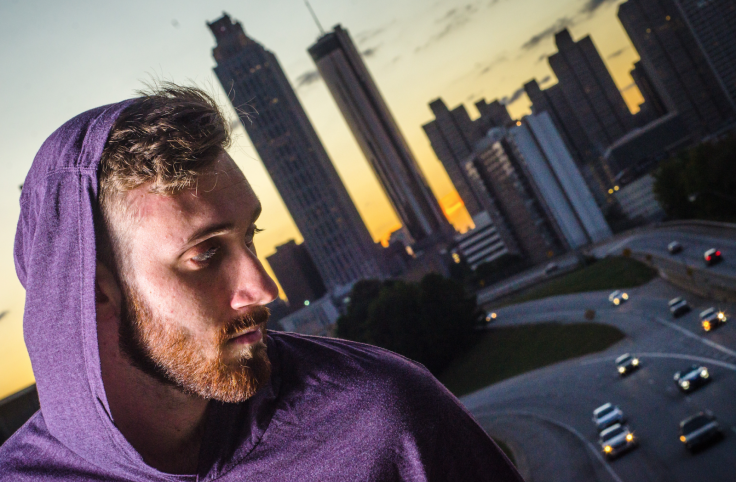
In the simplest of terms, drive is what makes a good man. The will and determination to set a challenging goal, and not cease until it is accomplished. Most people think when they hear the word "man" it means robust or gritty. But I have met so many people that take on the day with nothing to strive for; no long-term goal to work towards. Yet a "good man" is strong minded, passionate and driven to accomplish any desired objective.
Working with Deezer I could highlight my own personal journey of exactly this, daring to be different and aspiring to become a rapper within an unlikely Orthodox Jewish background. No matter who you are or where you come from, you can still defy expectations and push the boundaries and this is what a "good man" should always aim for.
AJ Van Gilder, 34, is an accountant. He lives in Los Angeles.
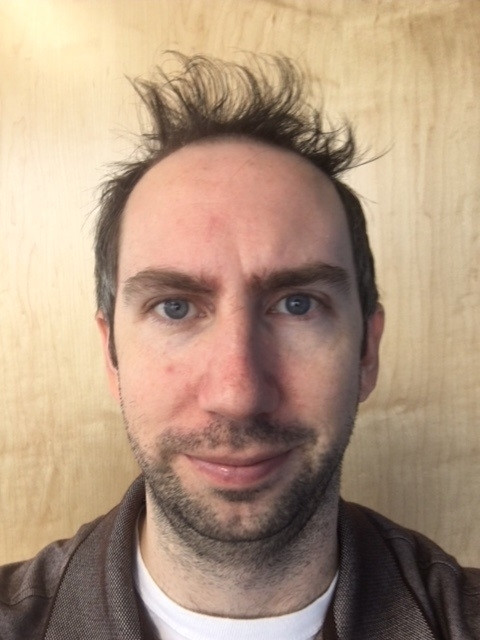
The core of being a good man, or even a good person in general, is being respectful of other people. It means valuing others' thoughts and opinions. It means being cognisant of others wants and desires. It means treating people the way they want to be treated.
It is a very simple task to be concerned with what you want or desire. It is much more difficult to see something from another's perspective. Understanding and incorporating other people's feelings into your interactions is the essence of being a good man.
I think a very simple example that I can is when I encourage my wife to have a fun night with friends or family while I watch the kids. This allows her time to have fun and connect with her friends and an opportunity to unwind from the responsibilities that parenthood involves and simultaneously allows me to have quality time with my kids and strengthen that relationship.
Craig Lawson, 28, is a former Love Island contestant and personal trainer from Barking, Essex
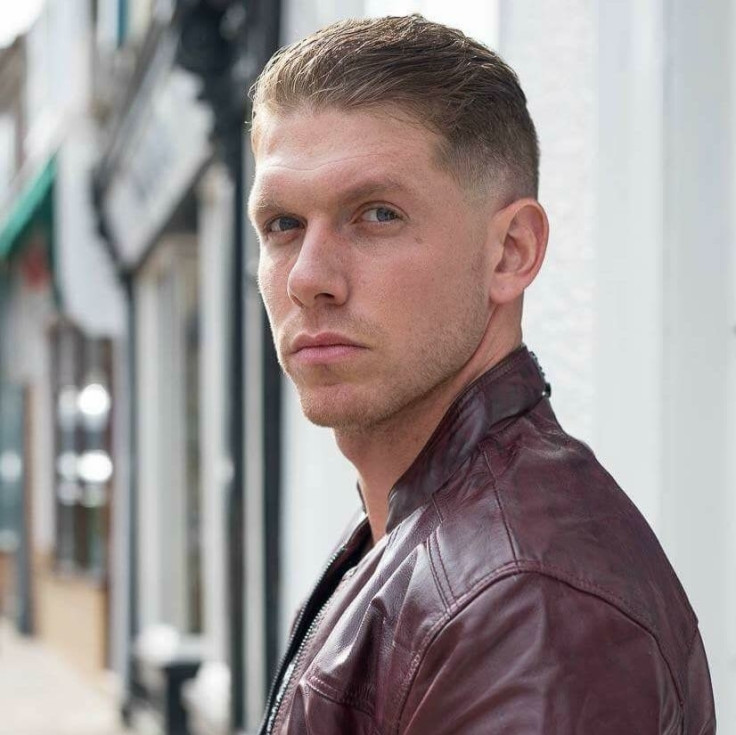
My mum, who raised me as a single parent, is my biggest influence for knowing what a good man is. She taught me the importance of sticking to my morals and principles, like respecting women, always working hard, and appreciating everything you have in life.
Being a "good man" is about being able to provide for yourself and family. I pride myself on being a good man, not only for myself but also for my three boys. They are my world and everything I do is for them. I am a role model to them on how to conduct themselves. There is no manual sadly of how to always do the correct thing as everyone makes mistakes, but I believe learning from them makes you a better person, and then a good man.
Michael Kurn is a 28-year-old sports TV presenter from Southampton
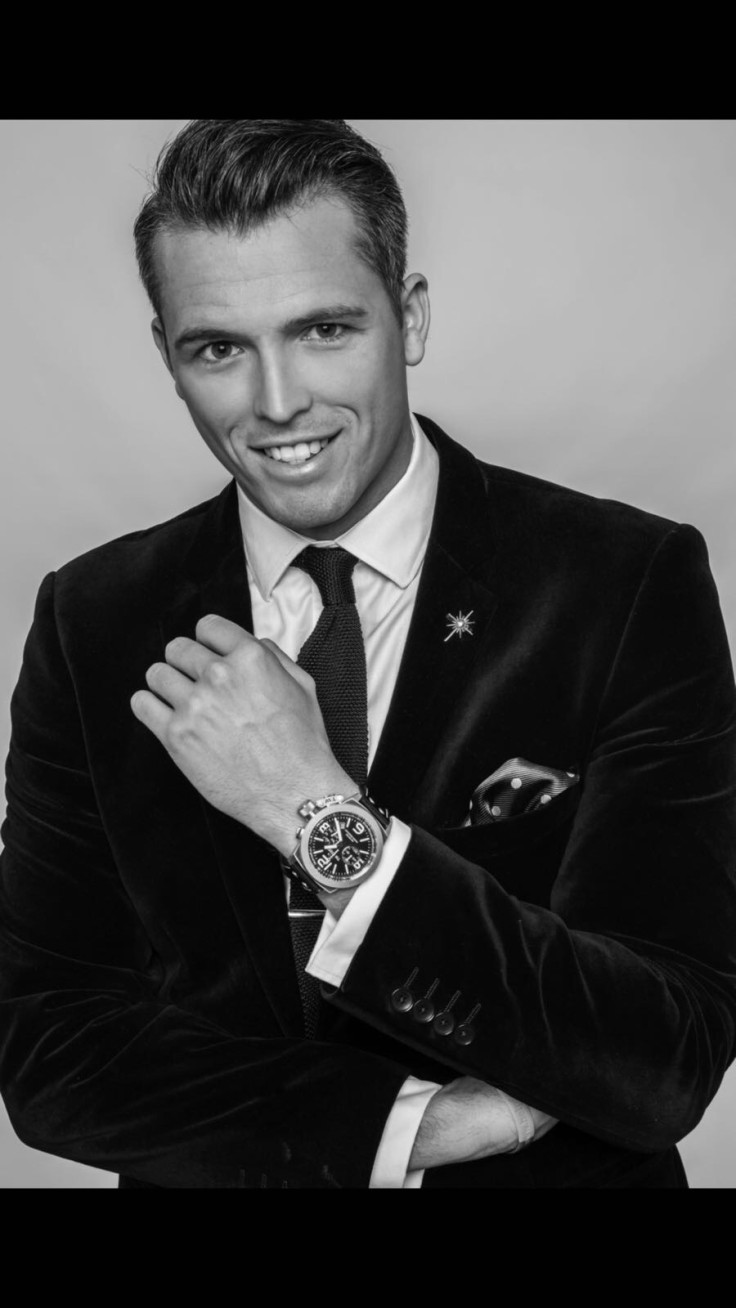
My thoughts turn to my great grandfather, who was a war hero and was awarded the George Medal for gallantry. I never met William Henry Kurn, as he died in 1975, but he had a tremendous impact on my life.
From a young age, my father told me all about him and showed me his medals and photographs. I saw an immaculately dressed man and an old-school gentleman, who clearly had great morals. As I got older, the stories of what he was like as a man followed and how kind, caring and fair he was to all of his grandchildren.
My great grandfather is what being a good man is all about: being a gentleman, kind, respectful, caring and fair with strong morals.
Stuart Trevor, is the founder of fashion brand AllSaints. He is 50, and based in London.
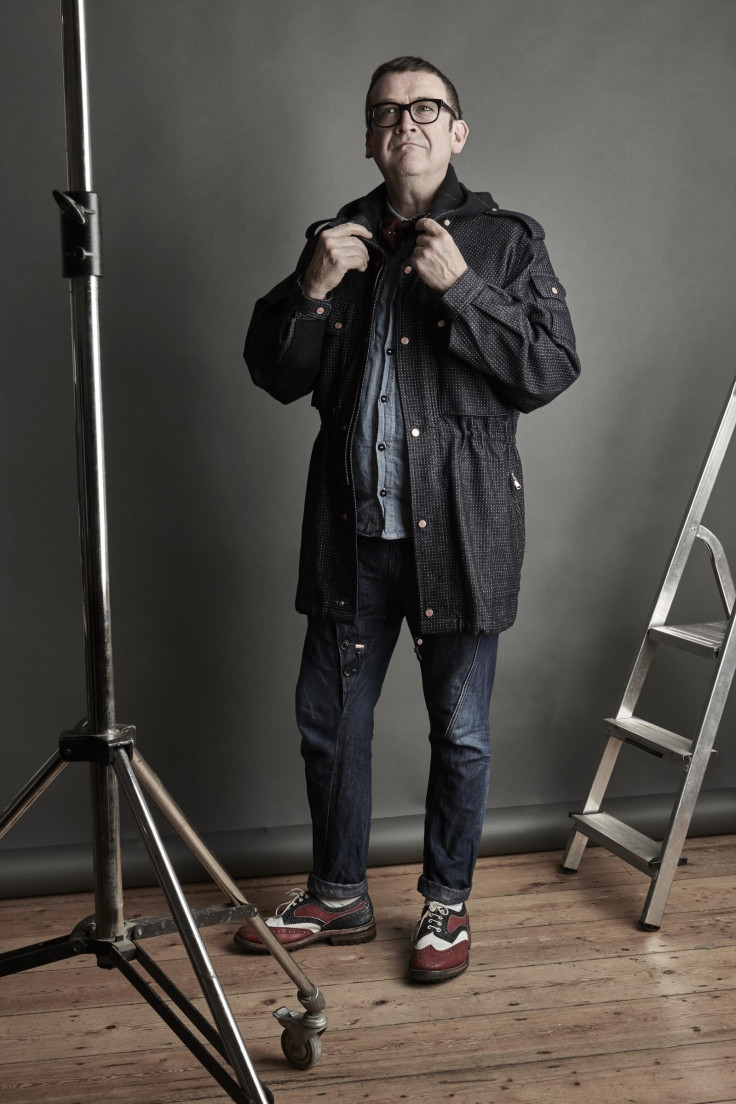
A good man is an inspiration. A good man is not perfect but displays dedication, hard work, commitment, belief and a dash of talent. A good man believes in himself and will not allow himself to be complacent, arrogant or satisfied.
Rick Belden is a 59-year-old poet and men's coach from Austin, Texas
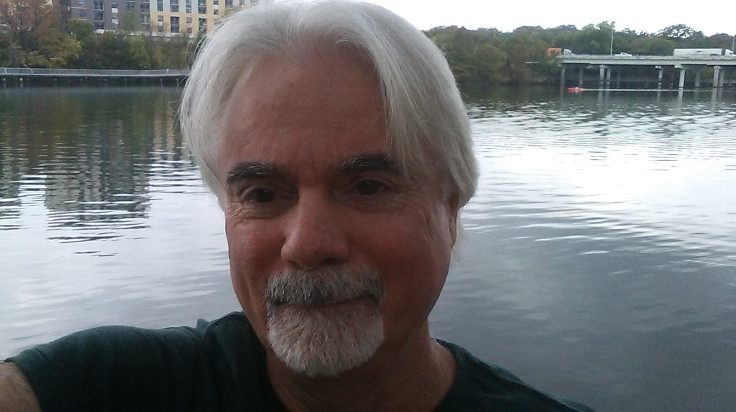
One important factor in what makes a good man (or not) is his relationship with his own power as a man. That relationship can be a tricky and difficult one for some men, especially for men who spent their boyhoods with men who abused or avoided their own power. But true manhood is not possible without acceptance, application, and mastery of one's own power, in whatever forms are unique and appropriate for the individual.
A man's relationship with his own power is just one important aspect of his relationship with himself. A man will generally treat others only as well as he treats himself. A man who is in a healthy relationship with himself will treat others (women, children, and animals as well as other men) with the same respect, consideration, and understanding he allows himself. A man's relationship with himself, moment to moment, in good times and bad, forms the foundation of what I think of as being a good man.
Keith McNiven, 34, is founder of London based personal training company Right Path
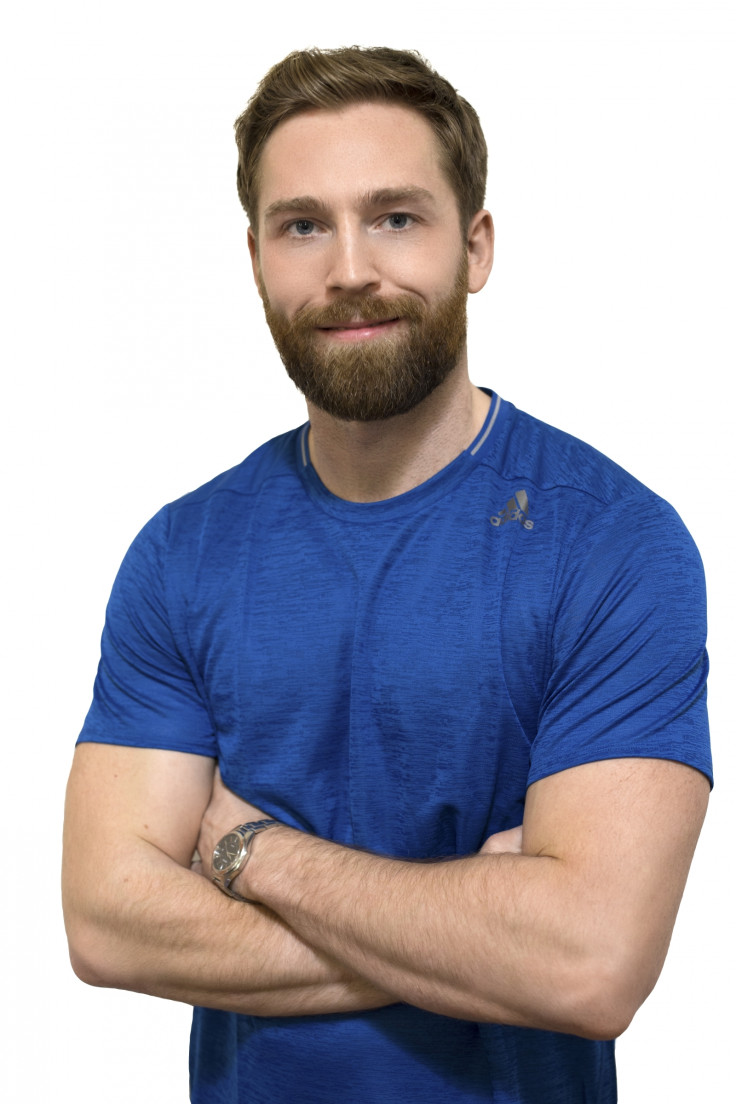
My very first job was in a gym but after that I moved into social care, and I was working with young people from really disadvantaged backgrounds which opened my eyes even more. For me, being a good man is about realising we are all equal and treating everyone with respect. If you can help someone who's having a hard time, then do it, you'll be a better man as a result.
Milon Miah, 36, is from Darlington. He is the head chef of Spice Island and International Indian Chef of the Year.

As I was growing up I always tried to be like my dad. He in my eyes is the definition of a good man. My father put his family before his needs and wants. He understood the value of personal sacrifice for the well-being of the family. My father never kept score. He didn't hold grudges, or bring up old fights, or open old wounds. He didn't sweat the small stuff. He let it go because he put peace before his ego. My father had a strong sense of self-worth. He was secure in himself and encouraged the rest of the family to have faith in themselves. He encouraged independence of thought and supports decisions that he didn't necessarily agree with. He's the reason that I have healthy boundaries and good self-respect. He's the reason I am who I am.
James Wharton, 30, is an author and campaigner. He is widely known for being among the first openly gay soldiers in the UK. He lives in Birmingham.

I think a man should be compassionate, authentic, and not be afraid to be himself, no matter what that self is. Effeminate, masculine, slight, large, black, white, short, tall; not one of these single commonly used word holds more weight than another when describing the attributes of a 'good' man. But those words I mentioned at the start, they do hold weight, they are what make a man; compassionate, authentic.
When I was 10, it was Michael Owen. When I was 15, it was Robbie Williams. When I was twenty, it was my step-dad. Now I'm 30, it's my best friend Matthew Cain. If you place those men together in a room, their differences are broad. But each and every one of them fits the bill – compassion and authenticity is what makes a man.
David James Lees, 66, is an ordained Taoist monk, therapist, coach and emotional health expert. He lives in Derbyshire.
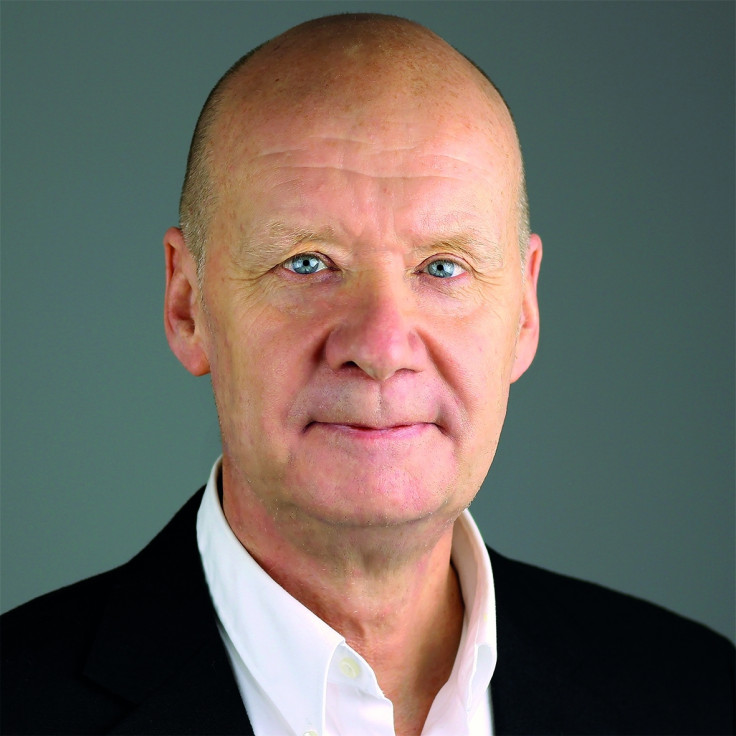
The ancient Chinese Taoists advocated the qualities of 'virtue' (known as 'Te'). Cultivating these characteristics for yourself is not selfish but self-focused and will also have a positive impact on everyone around you. My life has taken many twists and turns, each chapter has offered me lessons in virtue:
Resilience and flexibility: My father died unexpectedly when I was 10. Our family life was turned upside down. I became the 'head of the household' and had to grow up and adapt very quickly to support my mother and brother.
Authenticity: I've made some tough and painful choices to allow me to live and speak my 'truth'. In my early 30s I stepped away from a privileged lifestyle and a successful career as a media executive to follow a more authentic and spiritual path.
Self-responsibility: So many people blame others and make excuses for their life choices. Being fully accountable for your actions shows great determination and integrity. This mindset of self-responsibility helped me overcome a profound stutter when the medical profession could do nothing for me.
Self-compassion: Many of my male clients struggle with expressing their emotions and refuse to be kind and loving to themselves. I teach them why sensitivity and self-compassion is a strength, not a weakness.
Humility: Comparing yourself to others and striving to be 'the best', engages the ego and creates internal-disharmony. A quiet self-assurance, coupled with an open heart and mind, speaks volumes. I know I always have something to learn and my students and clients continue to be my greatest teachers!






















